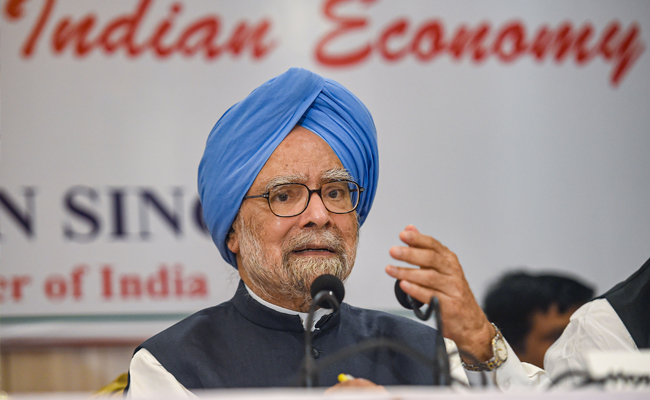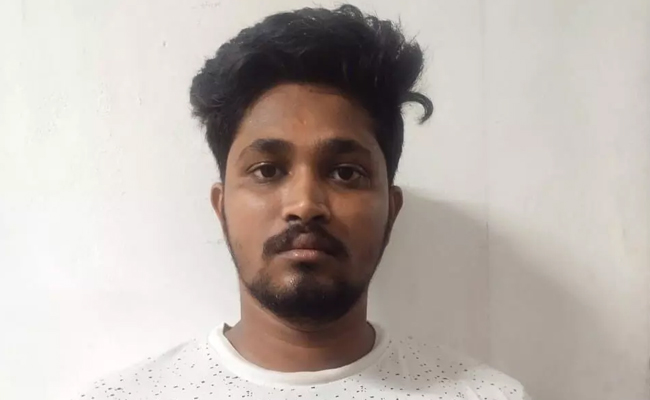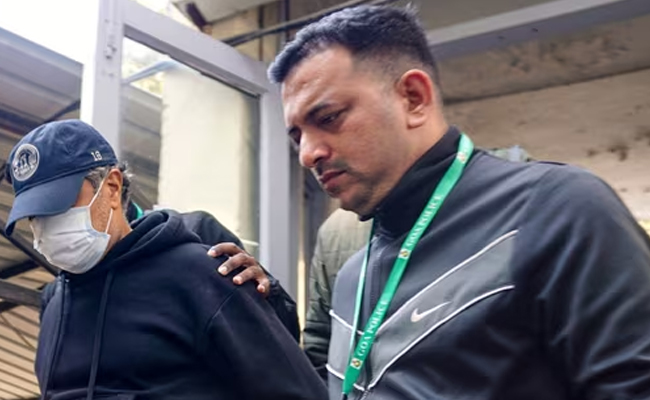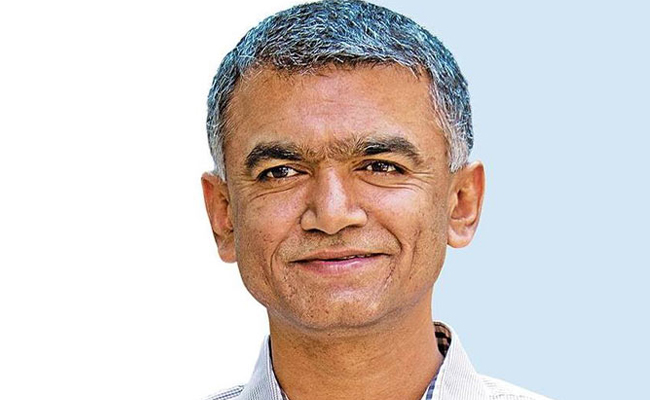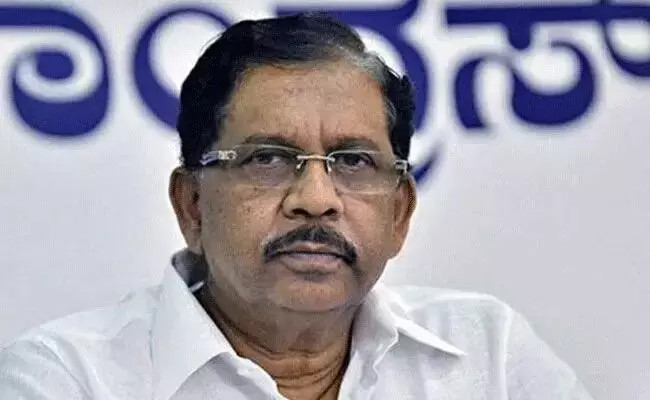New Delhi (PTI): Manmohan Singh, the architect of India's economic reforms, had to literally face a trial-by-fire to ensure widespread acceptance of his path-breaking 1991 Union budget that saw the nation rise from its darkest financial crises.
Singh, the newly-appointed finance minister in the PV Narasimha Rao-led government, did it with great elan -- from facing journalists at a post-budget press conference to irate Congress leaders unable to digest the wide-ranging reforms at the parliamentary party meeting.
Singh's historic reforms not only rescued India from near bankruptcy but also redefined its trajectory as a rising global power.
Singh made an unscheduled appearance at a press conference on July 25, 1991, a day after the presentation of the Union budget, "to ensure that the message of his budget did not get distorted by less-than-enthusiastic officials", Congress leader Jairam Ramesh wrote in his book "To the Brink and Back: India's 1991 Story" that recounts the fast-paced changes that took place after Rao became prime minister in June 1991.
"The finance minister explained his budget -- calling it 'a budget with a human face'. He painstakingly defended the proposals to increase fertiliser, petrol and LPG prices," Ramesh recounted in the book published in 2015.
Ramesh was an aide to Rao during his initial months in office.
Sensing the disquiet in the Congress ranks, Rao called a meeting of the Congress Parliamentary Party (CPP) on August 1, 1991, and decided to allow party MPs to "vent their spleen freely".
"The prime minister stayed away and allowed Manmohan Singh to face the flak on his own," Ramesh wrote, adding that two more meetings took place on August 2 and 3, in which Rao was present throughout.
"In the CPP meetings, the finance minister cut a lonely figure and the prime minister did nothing to alleviate his distress," Ramesh recounted.
Only two MPs -- Mani Shankar Aiyar and Nathuram Mirdha -- backed Singh's budget wholeheartedly.
Aiyar had supported the budget, contending that it conformed to Rajiv Gandhi's beliefs on what needed to be done to stave off the financial crisis.
Bowing to pressure from the party, Singh had agreed to lower the 40 per cent increase in fertiliser prices to 30 per cent but had left the hike in LPG and petrol prices untouched.
The Cabinet Committee on Political Affairs met twice on August 4 and 5, 1991, to decide on the statement Singh would make in the Lok Sabha on August 6.
"The statement dropped the idea of a rollback, which had been demanded over the past few days but now spoke of protecting the interests of small and marginal farmers," Ramesh said in his book.
"Both sides had won. The party had forced a rethink but the fundamentals of what the government wanted -- the decontrol of prices of fertilisers other than urea and an increase in urea prices -- had been preserved," he recounted.
"This was political economy at its constructive best -- a textbook example of how the government and the party can collaborate to create a win-win situation for both," he added in the book.
Let the Truth be known. If you read VB and like VB, please be a VB Supporter and Help us deliver the Truth to one and all.
Bajpe: Police have arrested a youth for allegedly posting derogatory and defamatory content against the Bajpe police on social media.
The arrested accused has been identified as Abhishek M. (23), a resident of Katipalla, Surathkal.
According to the police, Abhishek posted a photograph of Bajpe Nisarga Hotel on his Instagram account mr_a_titude_22, alleging that accused persons in a murder case under the jurisdiction of the Bajpe police station were being treated “like royalty” by the police and were being served beef meals from the hotel every day. In his post, he further accused the police of colluding with criminals and misusing their authority, stating that public trust in the police was being betrayed.
Following which, the Bajpe police registered a case and arrested the accused.
Police records reveal that Abhishek is already facing multiple criminal cases. A case of murder, attempt to murder, assault and robbery has been registered against him at the Surathkal police station. At the same time, a robbery case has also been registered at the Kaup police station.
After his arrest, Abhishek was handed over to the custody of the CEN police for further investigation. He was later produced before a court, police said.

